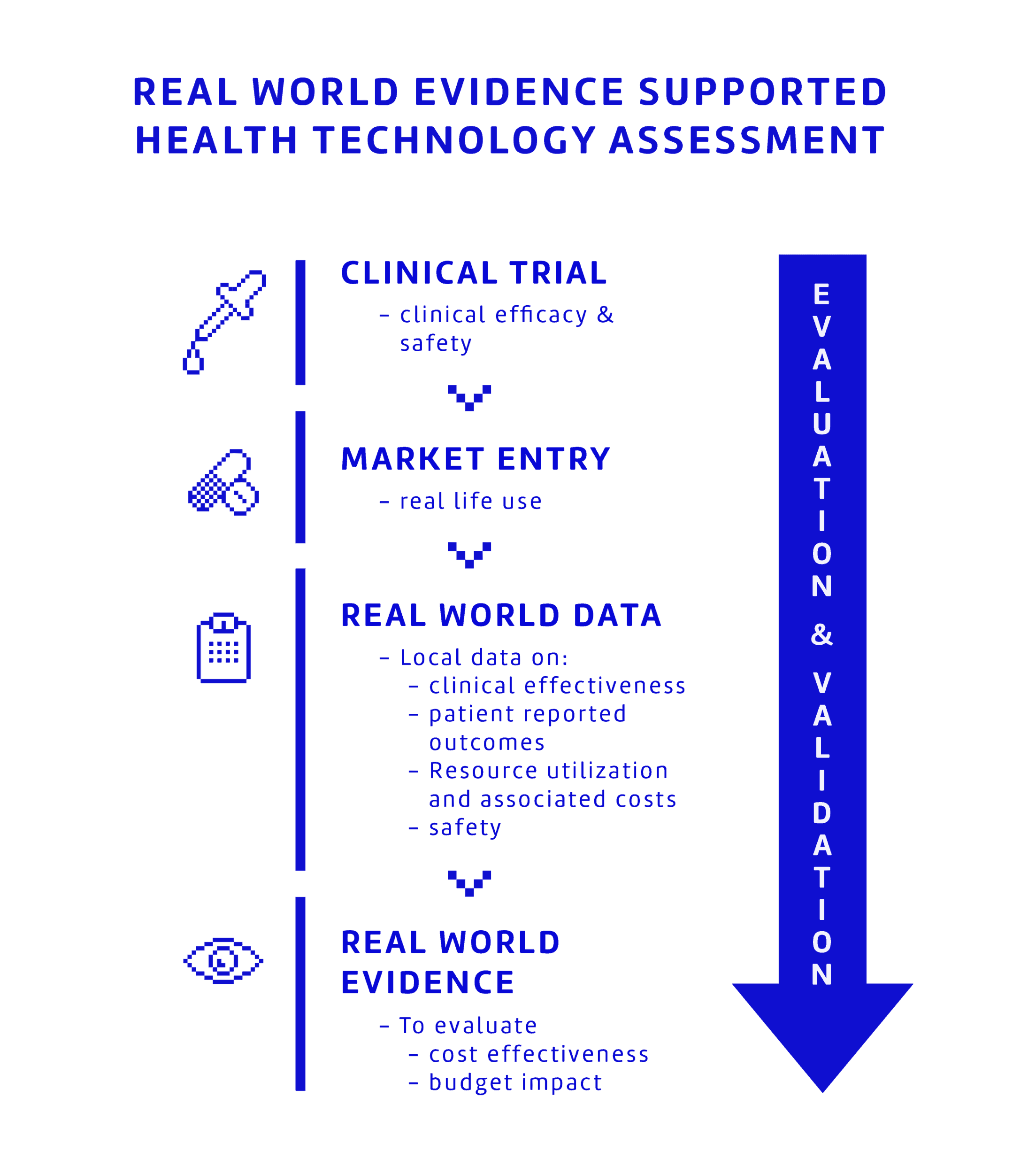Payers Expect Clearer Demonstration of Health Technology Benefits
Sweden and Finland are leaders in developing and applying health technology and provide ideal environments for conducting Health Technology Assessments (HTA) for medical devices.
Demonstrating that a health technology, e.g. a product, procedure or any intervention, is worth its cost is in a pivotal role to support access to market, adaptation and positioning. Data on health effects and resources needed to gain those are required to evaluate the efficacy, i.e., cost-effectiveness of new and existing health technologies.
Clinical trials provide information on efficacy and safety profiles of health technologies in controlled trial setting, prior to marketing authorization and real-life use. However, effectiveness and safety in real-life clinical practice and in different patient groups may remain uncertain, or even unknown.
The accumulation of real-world data starts after adaptation of health technologies to clinical practice allowing the identification of patient demographics, treatment pathways, safety profiles, effectiveness and resource use related to disease of interest and its treatments. Using real-world data, subsequently refined into real-world evidence, provides an opportunity to demonstrate the value of health technologies to the patients, health care providers and health care system, and the whole society. Real-world evidence reduces uncertainty related to health technology assessments to the minimum at any stage of the life cycle of the intervention, both pre and post market entry (Figure 1.).

Medaffcon’s Health Economists, Tatu Sainio and Mikko Kosunen, spoke about how real world evidence (RWE) can be utilized in a health technology assessment (HTA) in our annual customer evening. Watch a recording of the speech below.

Sweden and Finland are leaders in developing and applying health technology and provide ideal environments for conducting Health Technology Assessments (HTA) for medical devices.

Are you employed in the pharmaceutical industry and seeking insights into your product's position within the Finnish market? Then Patient Dynamics is the ideal tool for you. Developed by Medaffcon, Patient Dynamics caters to the needs of pharmaceutical companies by providing precise information for sales and marketing decision-making.

“Renewable drug therapy challenges the current complex drug evaluation system,” states Lauri Pelkonen, a leading expert at the Ministry of Social Affairs and Health (STM). For this reason, the evaluation activity is being reformed to better respond to changes in the operating environment.